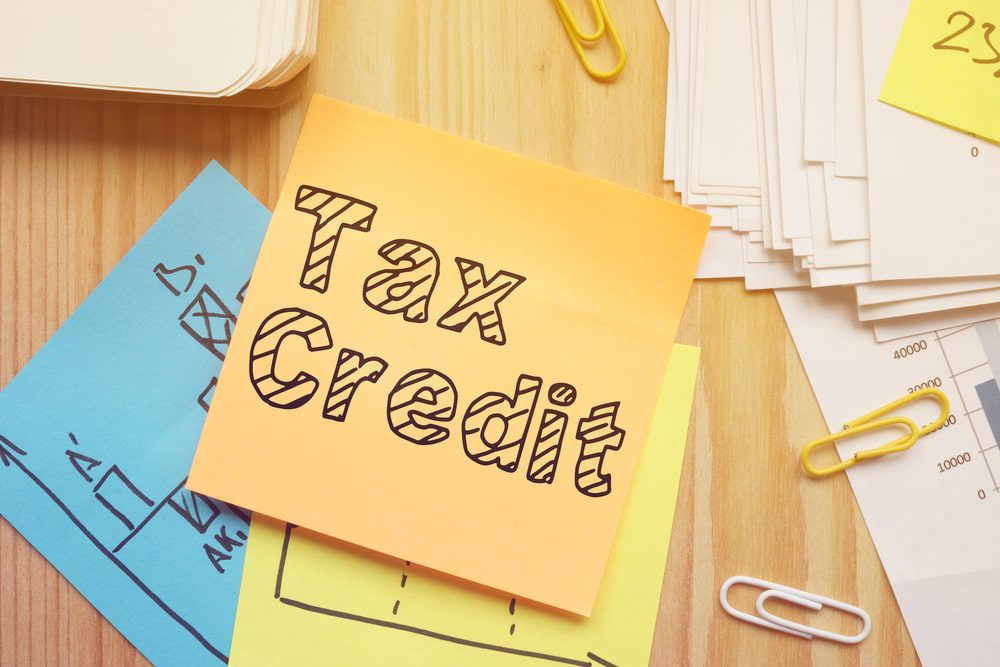It’s no secret that individuals and business owners have more than one way to complete a taxable transaction. Tax planning evaluates all kinds of tax options to properly establish ways to conduct business and personal transactions more efficiently. By more efficiently, we mean in a way that eliminates tax liability.
The secret to a happy life, yet unknown to man (it’s all about nuances)
“Tax avoidance” and “tax evasion” are two, completely different things. Tax avoidance lowers your tax bill by structuring transactions, so you can reap the largest tax benefits. Tax avoidance is 100% legal, and highly recommended for many of us.
Tax evasion, on the other hand, is simply an attempt to reduce your tax liability by deceit or concealment. Of course, tax evasion is a serious crime. However, the obvious question that follows is how do you know when shrewd planning in the tax avoidance realm goes way too far and crosses the lines of decency?
Because, in all fairness, in some cases, it can easily lead to illegal tax evasion. In fact, the discussion turns upon whether actions were taken with fraudulent intent, and worry not, as they will know. Well, business owners often find themselves as the main target of more scrutiny than wage-earners with a somehow similar level of income.

Why is that? Well, a business owner has way more options to avoid tax, both legally and illegally. Here are some of the most common criminal activities in violation of the tax law:
- deliberately under-reporting or failing to mention your income – this one is quite self-explanatory- concealing your income is simply fraudulent. Examples could also include a business owner’s failure to report a certain amount of the day’s receipts or even a landlord’s failure to report rent payments.
- keeping two sets of books or even crafting false entries in books and records – engaging in accounting irregularities, like a business’s failure to keep adequate records, or even a substantial discrepancy between amounts reported on a corporation’s return and amounts reported on its financial statements demonstrates fraudulent intent.
- claiming false and overstated deductions on a return – these could range from claiming unsubstantiated charitable deductions all the way to overstating travel expenses. It can also include paying your children or spouse for work they never performed. The IRS is quite vigilant when it comes to inflated deductions from pass-through entities.
- claiming personal expenses as business expenses – this is one of the easiest traps to fall into. Oftentimes, assets, like a car or even a computer, will have both business and personal use. Proper record-keeping could definitely go a long way in preventing a finding of tax fraud.
- hiding and transferring assets or income – this specific type of fraud can definitely take various forms, from simple concealment of funds in a bank account to improper allocations between taxpayers. For instance, improperly allocating income to a related taxpayer who might be in a lower tax bracket, like when a corporation makes distributions to the controlling shareholder’s kids, is seen as tax fraud.
- engaging in some forms of “sham transactions” – you can’t really reduce or avoid income tax liability just by labeling a transaction as something it’s not. For instance, if payments by a corporation to its stockholders are actually dividends, calling them “interest” or otherwise trying to disguise the payments as interest won’t entitle the corporation to an interest deduction.
The IRS Criminal Investigation Division isn’t to be trifled with, as any of the numbers of high-profile individuals, from Al Capone to Wesley Snipes, know already too well. However, in addition to the rich and famous who actually make the news, there are plenty of convictions of businessmen and businesswomen who tried to evade the payment of taxes.
Let’s take the example of an Ohio businessman who got sentenced to six months of prison, with six months of home detention, and two years’ supervised release for an attempt to evade almost $170,000 in income taxes. He also got income from wages, non-salary payments, and corporate payments for his personal expenses.
The personal expenses incorporated property tax and utility payments for his personal residence, payments for a new furnace, A/C unit, air cleaner, and a humidifier, along with a down payment for his daughter’s car. In addition, there may be payments for his wife’s automobile insurance and car repair bills, college tuition costs for his family and other personal expense payments.
Or, let’s take another example. The only proprietor of a plumbing shop was sent for 13 months in prison, three years of supervised release for tax evasion, and requested to pay approximately $130,000 in restitution to the IRS.
The business owner tried to evade paying his federal income taxes, by attempting to skim gross receipts of his plumbing business and paying personal expenses form his business accounts, then claiming them as business expenses. As part of the entire tax evasion scheme, he also instructed plenty of his employees to solicit checks from clients that are payable in his name, rather than in the name of the business.
Then, he cashed these checks and didn’t deposit the money into his business bank account. And since his money wasn’t recorded on the books of the business, nor deposited into the business’ account, he didn’t include these gross receipts on his income tax return.
He also deducted some of his personal expenses as business expenses. On the same note, he lowered the figures on his Schedule C profit, which substantially reduced his tax for tax years 2003 through 2006. You should bear in mind that tax evasion isn’t limited to federal income tax. Tax evasion can also include federal and state employment taxes, other state income taxes, and state sales taxes too. Here are some examples:
The owner of several Illinois tobacco stores was recently sentenced to 76 months in prison and was also ordered to pay no less than $4.8 million in restitution to the State of Illinois and $650,452 to the United States after he pleaded guilty to purposely hiding and failing to report cash receipts from the business.

Minimizing taxes implies skilled tax planning
Tax avoidance requires serious planning. In fact, all tax strategies imply one or more carefully planned steps to efficiently structure transactions to obtain the lowest possible marginal tax rate, whether it’s minimizing taxable income, maximizing tax deductions and tax credits, or controlling the timing of income and deductions.
Also, forecasting income and expenses is fairly important. Effective tax planning also needs solid estimates of your personal and business income for the following years. Many years of income and expense projections are needed because many tax planning strategies that lower taxes at one specific income level can also result in an increase in income in the coming years. You might want to avoid having the “proper” tax plan made “wrong” by some kind of erroneous income projections. You should already foresee your sales revenues, income, and cash flow for general business planning purposes. Even if the estimates in their nature might be inexact every now and then, the more accurate you can be, the better your planning will be.
Deductions and credits also reduce your taxes
Your tax planning goal is to pay the smallest amount of tax that’s legally plausible. You can easily reduce your ultimate tax bill by deciding to attack on two fronts. First, you should take full advantage of every available deduction, whether it’s business or personal, to reduce the taxable income. Then, as soon as you have determined the tentative tax due, claim every tax credit that’s available to you.
If you found this article insightful, we also recommend checking: 6 Overhyped Collectibles That Are Now Worthless









Where are the six law proofs? You’re speaking like a politician and trying to guess what you mean. Simplify your writing.
Thank you!